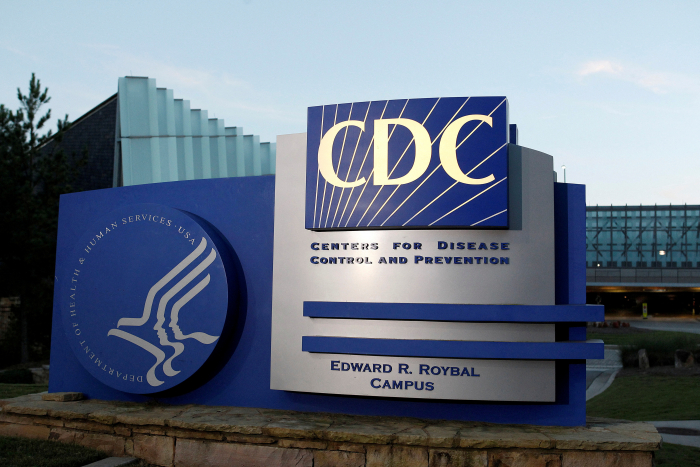
In October, the World Health Organization (WHO) issued an alert stating that the four cough syrups being supplied to The Gambia by India-based Maiden Pharmaceuticals Ltd were of substandard quality and claimed that they were linked to the death of many children in The Gambia.
A CDC report released on Friday stated: "This investigation strongly suggests that medications contaminated with Diethylene Glycol (DEG) or Ethylene Glycol (EG) imported into the Gambia led to this Acute Kidney Injury (AKI) cluster among children.”
The reporter further revealed: "Patients with DEG poisoning can experience a range of signs and symptoms, including altered mental status, headache, and gastrointestinal symptoms. However, the most consistent manifestation is AKI, characterised by oliguria (low urine output) or anuria, progressing over 1-3 days to renal failure (indicated by elevated serum creatinine and blood urea nitrogen)."
CDC said they were contacted by Gambia's Ministry of Health (MoH) to assist in characterising the illness (multiple cases of Acute Kidney Injury and deaths in children), describing the epidemiology, and identifying potential causal factors and their sources in August last year.
The report also revealed that in past DEG outbreaks, manufacturers have been suspected of substituting DEG in the place of more expensive, pharmaceutical-grade solvents.
"Among reports of AKI associated with DEG-contaminated medical products, this is the first in which DEG-contaminated medications were imported into a country, rather than being domestically manufactured," the CDC report noted.




